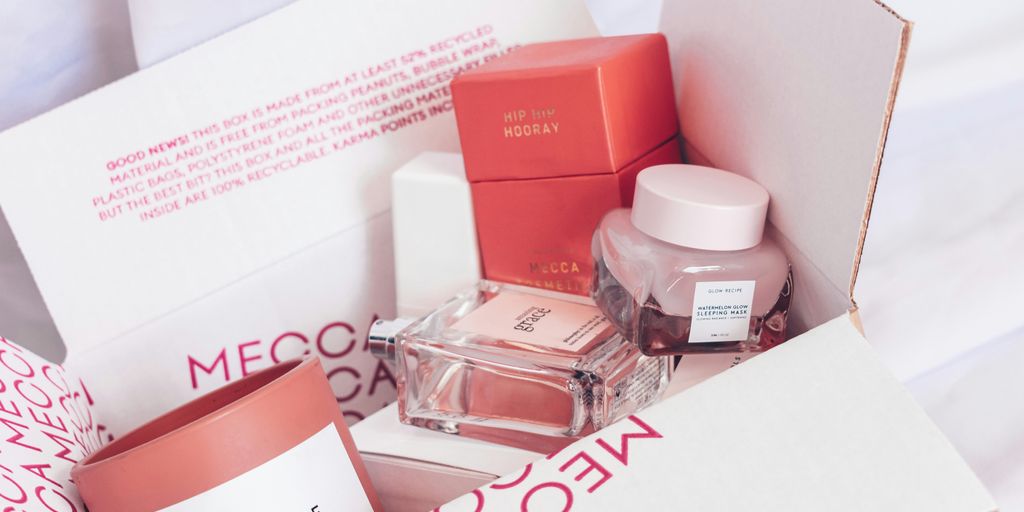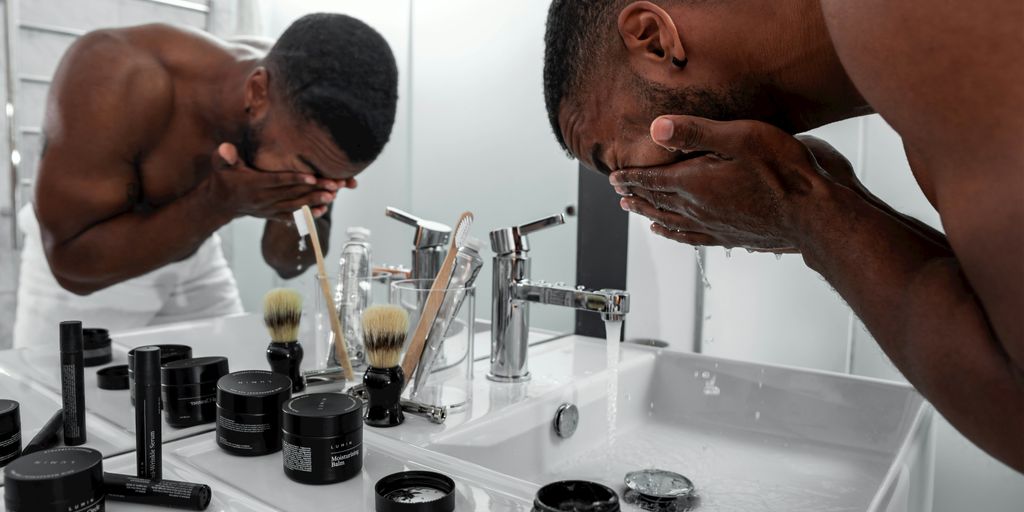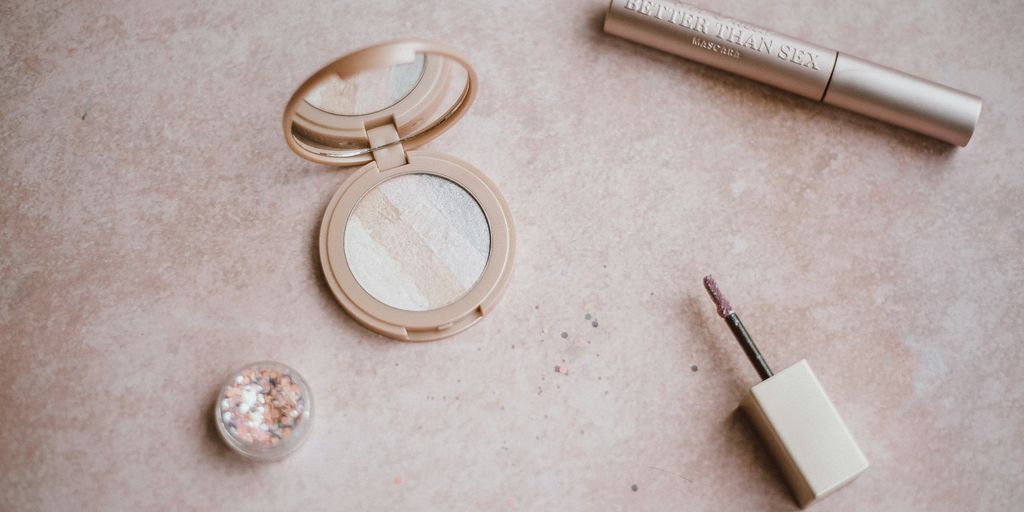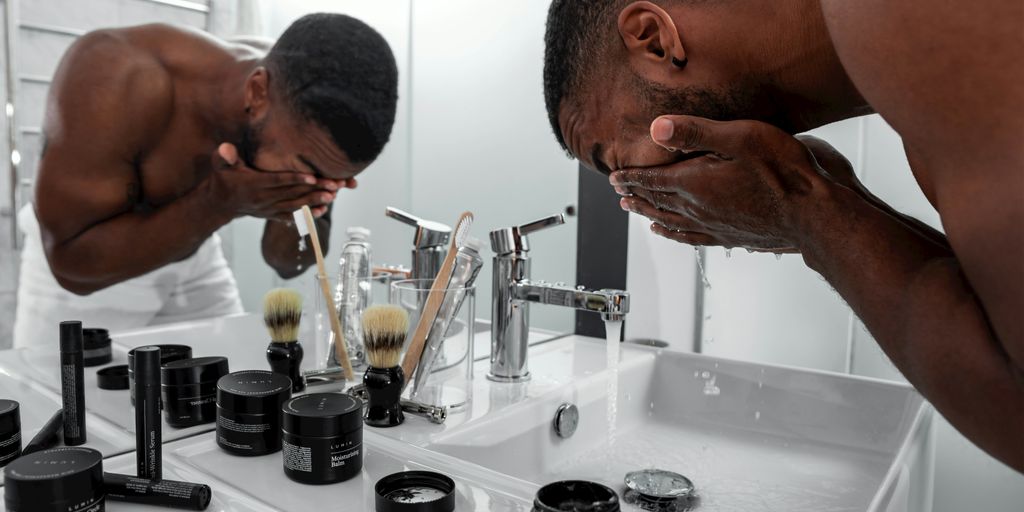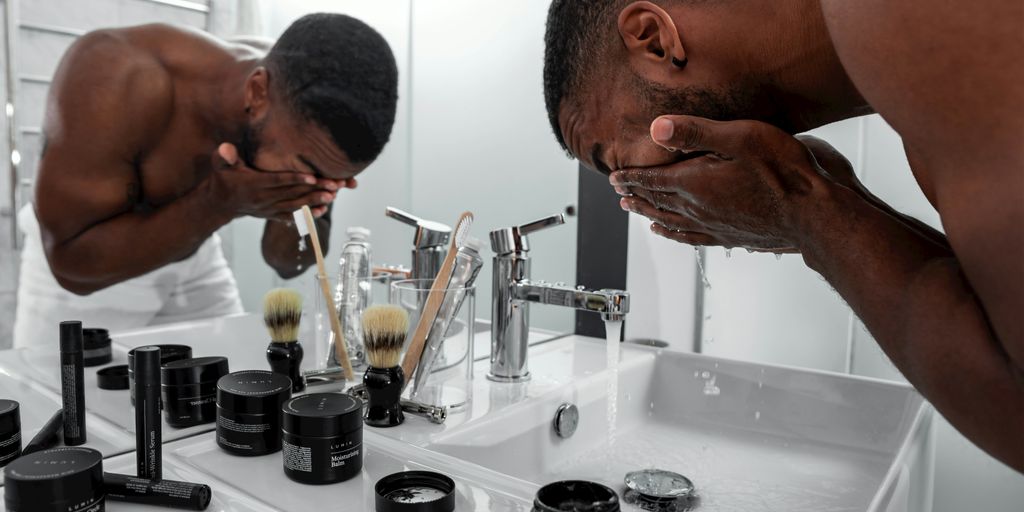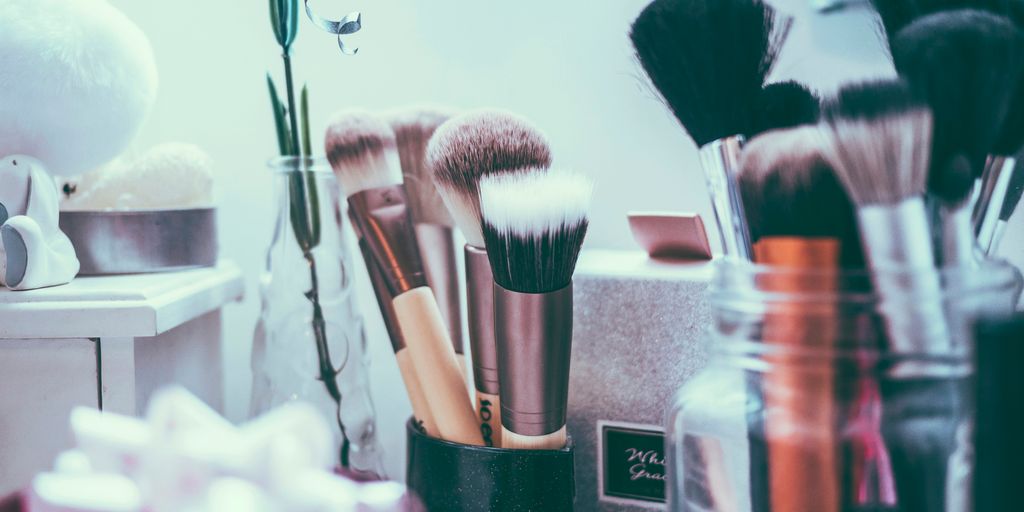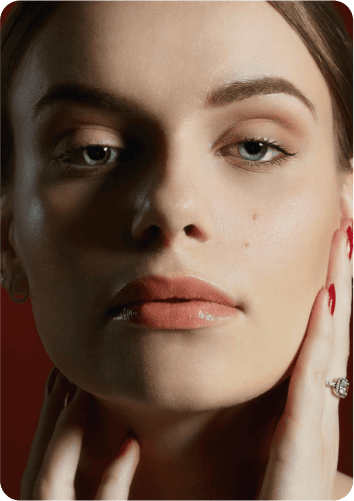In 2025, the question on many beauty enthusiasts’ minds is: is Benefit cruelty free? Despite the increasing demand for ethical beauty products, Benefit Cosmetics continues to face scrutiny over its animal testing policies. This article will take a closer look at Benefit’s practices, the influence of its parent company, and what it means for consumers looking to make ethical choices.
Key Takeaways
- Benefit Cosmetics is not considered cruelty-free due to its animal testing policies, especially in relation to sales in China.
- The brand is not certified by any third-party cruelty-free organizations, which raises questions about its claims.
- LVMH, Benefit’s parent company, still engages in animal testing, impacting Benefit’s ethical standing.
- Benefit does not offer any vegan products, as it has not committed to avoiding animal-derived ingredients or testing.
- Consumers seeking cruelty-free options should consider brands that do not sell in markets requiring animal testing.
Understanding Benefit’s Cruelty-Free Status
The Definition of Cruelty-Free
So, what does "cruelty-free" really mean? It’s not as straightforward as you might think. For a product to be considered cruelty-free, it ideally means that neither the final product nor any of its ingredients were tested on animals at any stage of development. This includes testing done by the company itself, its suppliers, or any third parties. However, the lack of a universal legal definition means companies can interpret this differently. This is where things get a little murky, and why it’s important to dig deeper than just a label.
Why Certification Matters
Think of cruelty-free certifications like a quality check. These certifications, such as Leaping Bunny or PETA’s Beauty Without Bunnies, provide an extra layer of assurance. These organizations have specific standards a company must meet to earn their certification, and they often conduct audits to ensure compliance.
Here’s why it matters:
- Standardized Criteria: Certifications use clear, consistent standards.
- Independent Verification: They often involve third-party audits.
- Consumer Trust: Certifications help consumers make informed choices.
Without certification, it’s harder to verify a brand’s claims. It’s like taking someone’s word for it without any proof. Certifications offer that proof, making it easier to trust a brand’s commitment to animal welfare.
The Role of Third-Party Audits
Third-party audits are super important in verifying cruelty-free claims. These audits involve an independent organization checking a company’s entire supply chain to ensure no animal testing is taking place. This includes:
- Reviewing supplier documentation
- Visiting manufacturing facilities
- Verifying ingredient sources
Without these audits, it’s difficult to be 100% certain that a product is truly cruelty-free. These audits provide accountability and transparency, ensuring that companies are actually following through on their promises.
Benefit’s Animal Testing Policy Explained
Official Statements from Benefit
Benefit Cosmetics states on its website that they don’t test their products on animals. They also mention that their parent company, LVMH, uses non-animal testing methods during product development. However, it’s important to look beyond these statements. Animal testing can occur at various stages, including after a product is developed.
- Benefit claims not to conduct animal tests.
- LVMH says it uses alternative testing methods.
- The official policy needs careful examination.
Testing Requirements in China
Selling in China is a big factor when determining a brand’s cruelty-free status. China used to require animal testing for many imported cosmetics. While regulations have changed, some conditions still trigger mandatory testing. General cosmetics can be imported without animal testing if certain preconditions are met. These include:
- Selling only ‘general’ cosmetics (makeup, skincare, haircare, nail polish, perfumes).
- Not selling ‘special’ cosmetics (sunscreens, hair dye, hair perming products).
- Not selling products for infants or children.
- Not selling products with ‘New Cosmetic Ingredients’.
It’s important to note that even with these changes, brands choosing to sell in China may still be subject to animal testing under certain circumstances. This is why many consider brands selling there not truly cruelty-free.
The Impact of Selling in Regulated Markets
Many truly cruelty-free brands have chosen not to sell their products in China to avoid any possibility of animal testing. Benefit Cosmetics, however, continues to sell in markets where animal testing may be required by law. This decision impacts their cruelty-free status. Because of this, Benefit cannot be considered cruelty-free. It’s up to each consumer to decide if they are comfortable supporting a brand that makes this choice.
The Parent Company’s Influence on Ethics
It’s easy to focus on individual brands when we’re talking about ethical practices, but it’s important to remember that many brands are part of larger corporations. These parent companies can have a big influence on the ethical choices of their subsidiaries. Let’s take a closer look at how LVMH, Benefit’s parent company, impacts Benefit’s approach to animal testing and overall ethics.
LVMH’s Animal Testing Practices
LVMH (Moët Hennessy Louis Vuitton) is a massive luxury goods conglomerate, and its animal testing policies are complex. While LVMH states that it is committed to eliminating animal testing, its brands still operate in markets where animal testing is required by law. This creates a situation where, indirectly, LVMH contributes to animal testing through its global operations. It’s a tricky situation, and it’s important to understand the nuances.
How Parent Companies Affect Brand Policies
Parent companies often set the overall ethical tone for their brands. This can include policies on animal testing, ingredient sourcing, and sustainability. A parent company’s values can either push a brand towards more ethical practices or, conversely, limit its ability to fully commit to cruelty-free standards. The relationship between a parent company and its subsidiaries is a balancing act between corporate strategy and ethical ideals.
Consumer Choices and Corporate Responsibility
Ultimately, consumers have the power to influence corporate behavior. By making informed choices and supporting brands that align with their values, consumers can send a message to parent companies like LVMH. It’s about showing that ethical practices are not just a nice-to-have, but a business imperative.
Choosing to support cruelty-free brands sends a clear signal to the beauty industry. It tells companies that consumers care about animal welfare and are willing to spend their money on products that are made ethically. This, in turn, can encourage larger corporations to re-evaluate their policies and invest in cruelty-free alternatives.
Here are some ways you can make a difference:
- Research brands and their parent companies.
- Look for cruelty-free certifications.
- Support brands that are transparent about their practices.
Evaluating Benefit’s Vegan Claims
What It Means to Be Vegan
Being vegan in the context of cosmetics goes beyond just the absence of animal testing. It also means that the product doesn’t contain any animal-derived ingredients or by-products. This includes common cosmetic ingredients like beeswax, honey, lanolin (from sheep’s wool), carmine (a red pigment from insects), and many others. For a product to be truly vegan, every single ingredient must be free from animal origins. It’s a pretty strict standard, and it requires a lot of digging into ingredient lists.
Ingredient Sourcing and Animal Testing
Even if a product doesn’t contain animal-derived ingredients, the brand’s animal testing policy still matters. A product can’t be considered truly vegan if either the final product or any of its ingredients have been tested on animals. This is where things get tricky with brands like Benefit. They might avoid animal ingredients in some products, but their overall stance on animal testing (especially where required by law, like in China) complicates things. It’s important to consider the entire supply chain and the brand’s ethical commitments.
Are Any Benefit Products Vegan?
Benefit doesn’t really market itself as having vegan options. And, given their animal testing practices, it’s hard to consider any of their products truly vegan. While some individual products might happen to be formulated without animal-derived ingredients, the brand as a whole doesn’t align with vegan principles. If you’re looking for vegan cosmetics, it’s best to explore brands with explicit vegan certifications and a clear commitment to cruelty-free practices.
It’s worth noting that ingredient lists can change, so always double-check the label before purchasing. Also, look for certifications from reputable vegan organizations to ensure the product meets established standards.
Alternatives to Benefit Cosmetics
It can be disappointing to learn a brand you like isn’t cruelty-free. The good news is that the beauty market is full of amazing alternatives! You don’t have to compromise your ethics to get great makeup.
Cruelty-Free Brands to Consider
Finding brands that don’t test on animals is easier than ever. Many companies have made a commitment to cruelty-free practices, and some even have third-party certifications to back it up. Here are a few to explore:
- theBalm: Known for its quirky packaging and high-quality products, theBalm is a great option for makeup lovers.
- Milk Makeup: This brand focuses on clean ingredients and easy application, perfect for a natural look.
- Stila: A classic brand with a wide range of colors and formulas, Stila is a reliable choice for any makeup need.
Vegan-Friendly Options
If you’re looking for makeup that’s both cruelty-free and vegan, there are plenty of brands to choose from. Vegan makeup doesn’t contain any animal-derived ingredients, like beeswax or lanolin. Here are some brands that offer vegan options:
- Pacifica: This brand is 100% vegan and cruelty-free, with a wide range of skincare and makeup products.
- Axiology: Specializing in vegan lipsticks, Axiology is a great choice for those looking for bold and ethical color.
- Cover FX: Known for its customizable foundations and concealers, Cover FX offers many vegan options.
Supporting Ethical Beauty Brands
Choosing ethical beauty brands is a powerful way to make a difference. By supporting companies that prioritize cruelty-free and vegan practices, you’re sending a message to the industry that ethics matter. Here are a few ways to support ethical beauty brands:
- Do your research: Look for brands with cruelty-free certifications, like Leaping Bunny or PETA.
- Read ingredient lists: Check for animal-derived ingredients if you’re looking for vegan options.
- Spread the word: Share your favorite ethical beauty brands with friends and family.
Making informed choices about the makeup you buy can have a real impact. By choosing cruelty-free and vegan brands, you’re not only getting great products, but you’re also supporting a more ethical and sustainable beauty industry. It’s a win-win!
Consumer Awareness and Ethical Choices
The Importance of Informed Purchasing
It’s easy to grab something off the shelf without thinking too much about where it came from or how it was made. But when it comes to cosmetics, making informed choices can really make a difference. Understanding what cruelty-free actually means, and looking beyond just the label, is the first step. Companies can use clever marketing to appear ethical, even if their practices don’t fully align with those values. So, doing a little digging is important.
How to Identify Truly Cruelty-Free Brands
Figuring out which brands are genuinely cruelty-free can feel like a detective job. Here are a few things to look for:
- Check for certifications: Look for logos from reputable organizations like Leaping Bunny or PETA. These certifications mean the brand has undergone an audit to verify their cruelty-free status.
- Research the company’s policies: Visit the brand’s website and read their animal testing policy. If it’s vague or hard to find, that could be a red flag.
- Consider the parent company: If the brand is owned by a larger corporation, research the parent company’s animal testing policies as well. Sometimes, a brand might be cruelty-free, but its parent company isn’t.
It’s important to remember that no system is perfect, and certifications aren’t the only thing to consider. Transparency is key. Brands that are open and honest about their practices are generally more trustworthy.
Advocating for Change in the Beauty Industry
As consumers, we have more power than we think. By making ethical choices and speaking out, we can encourage the beauty industry to adopt more cruelty-free practices. Here are a few ways to advocate for change:
- Support cruelty-free brands: Vote with your wallet by purchasing products from companies that align with your values.
- Contact brands directly: Let companies know that you care about animal welfare and that you want them to be cruelty-free.
- Spread the word: Share information about cruelty-free cosmetics with your friends and family. The more people who are aware, the greater the impact we can have.
The Future of Cruelty-Free Cosmetics
Trends in Animal Testing Regulations
It feels like things are slowly changing, but it’s a long road. More places are starting to ban animal testing, which is great. The tricky part is making sure these rules are actually enforced and that companies can’t find loopholes to get around them. We need to keep pushing for stronger, clearer laws everywhere.
Consumer Demand for Ethical Products
Consumers are way more aware now, and they’re using their wallets to make a statement. People want to know where their products come from and how they’re made. This demand for ethical stuff is forcing brands to rethink their practices. If companies want to stay relevant, they need to listen to what shoppers are asking for.
The Role of Activism in Shaping Policies
Activism is super important. Groups like PETA and Leaping Bunny have done a lot to raise awareness and hold brands responsible. It’s not just about boycotts, though. It’s also about pushing for new laws, supporting companies that are doing things the right way, and keeping the pressure on the industry to change.
Activism plays a huge role in shaping policies. It’s about raising awareness, lobbying for legislation, and holding companies accountable. Without dedicated activists, progress would be much slower. It’s a collective effort that drives change in the beauty industry and beyond.
As we look ahead, the world of cruelty-free cosmetics is becoming brighter and more exciting. More brands are choosing to create products that are kind to animals and the environment. This shift means you can enjoy beauty products without worrying about harm to animals. Join the movement for a more compassionate beauty industry! Visit our website to discover a range of cruelty-free cosmetics that you can feel good about using. Let’s make a difference together!
Final Thoughts on Benefit Cosmetics’ Ethical Practices
In conclusion, it’s clear that Benefit Cosmetics does not meet the standards to be considered cruelty-free. They allow animal testing when required by law, especially in markets like China. This means that even if they claim to use non-animal testing methods, they still participate in a system that harms animals. If you’re looking for truly cruelty-free options, it might be best to explore other brands that are committed to not selling in countries where animal testing is mandatory. Your choices can make a difference, and supporting brands that align with your values is important. Let’s keep pushing for a more ethical beauty industry.
Frequently Asked Questions
Is Benefit Cosmetics cruelty-free?
No, Benefit Cosmetics is not cruelty-free. They allow their products to be tested on animals when required by law, especially in China.
Does Benefit sell its products in China?
Yes, Benefit sells its products in China, where animal testing is still required by law.
Is Benefit certified cruelty-free by any organization?
No, Benefit is not certified cruelty-free by any third-party organizations like Leaping Bunny or PETA.
What does it mean for a brand to be cruelty-free?
A cruelty-free brand does not test its products or ingredients on animals at any stage of production.
Are any Benefit products vegan?
No, Benefit does not offer any vegan products, and since they engage in animal testing, none of their products can be considered vegan.
What are some cruelty-free alternatives to Benefit?
Some cruelty-free brands you can consider include theBalm, Milk Makeup, and Fenty Beauty.
